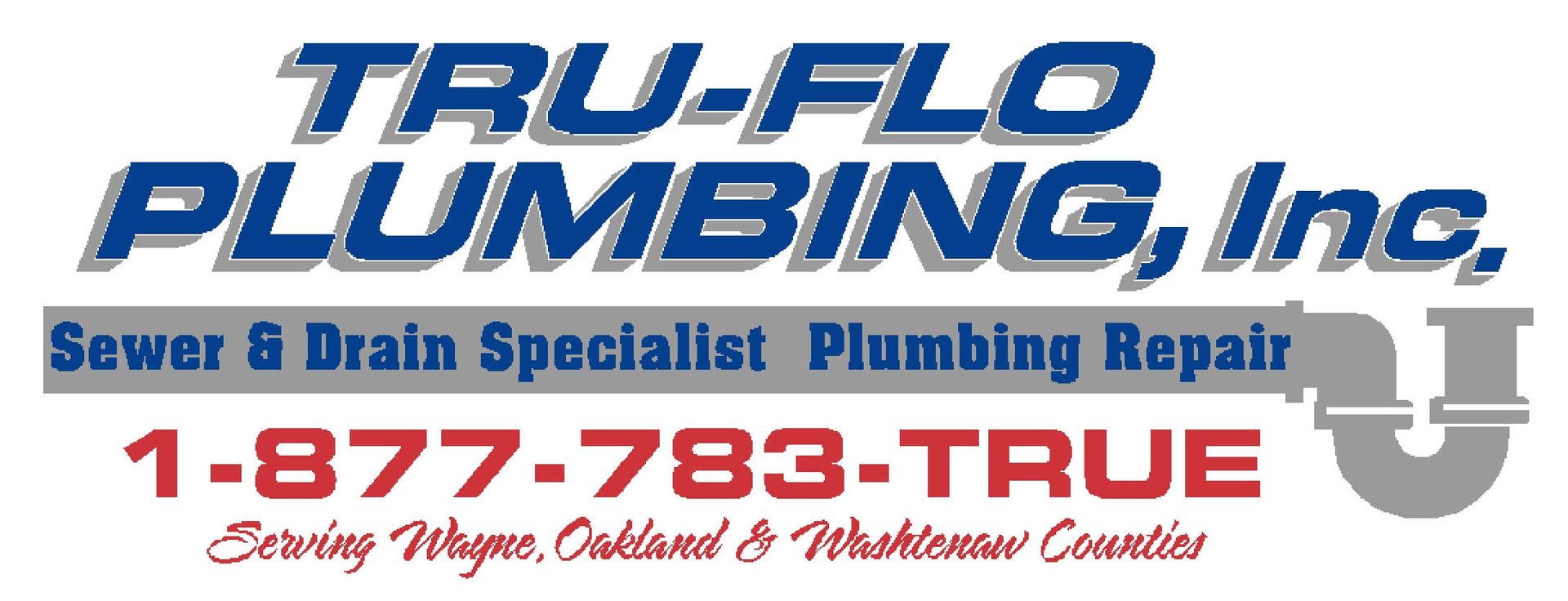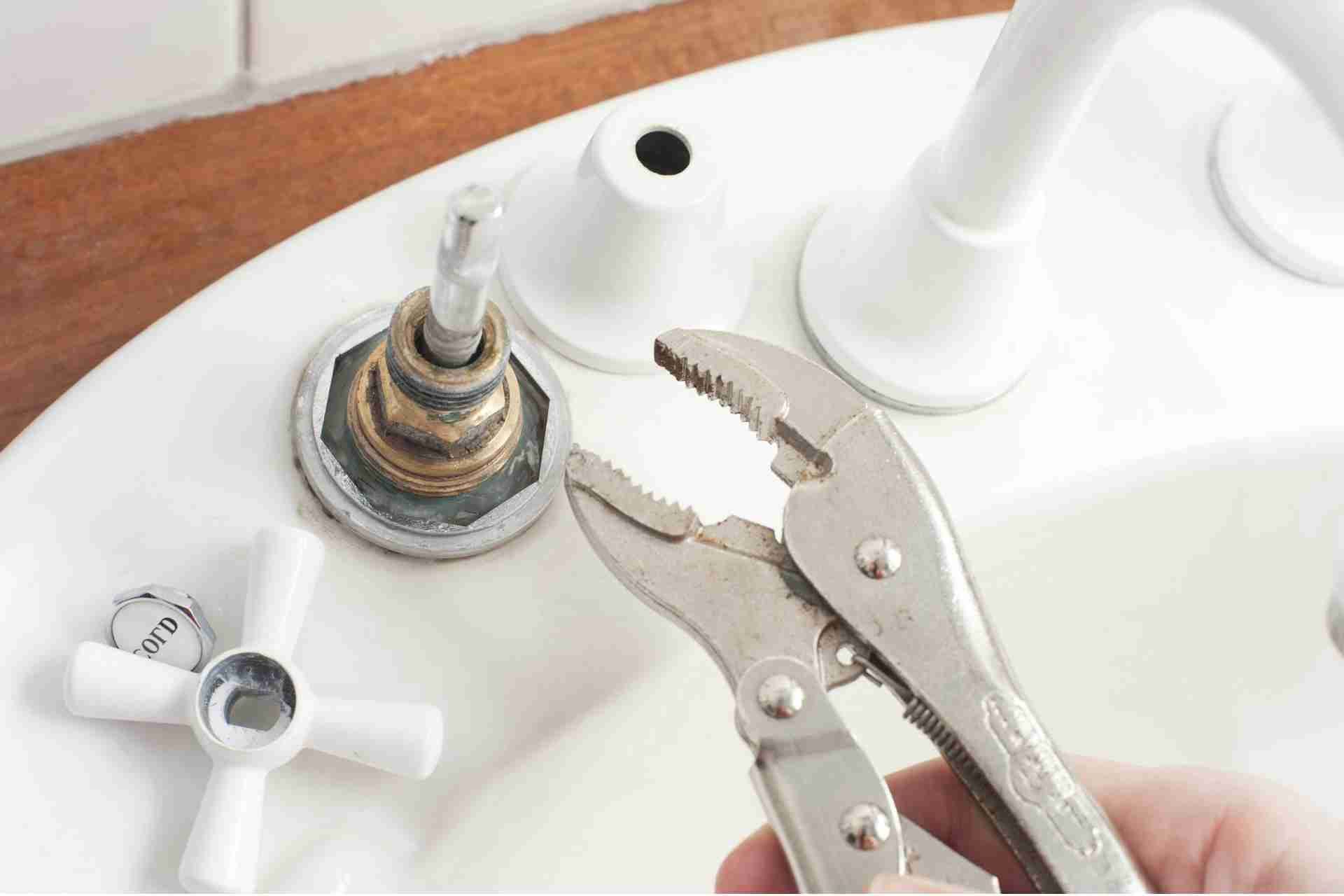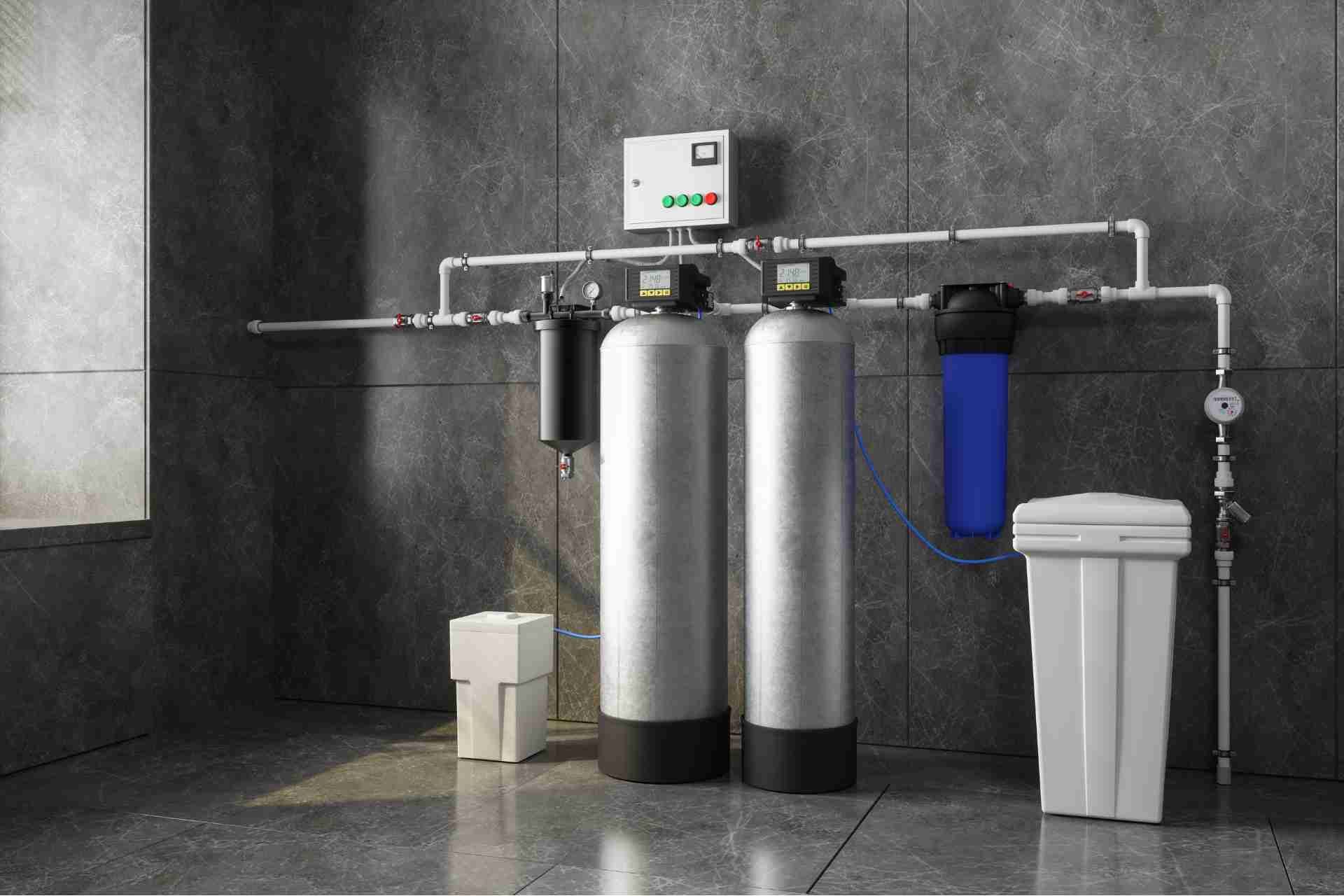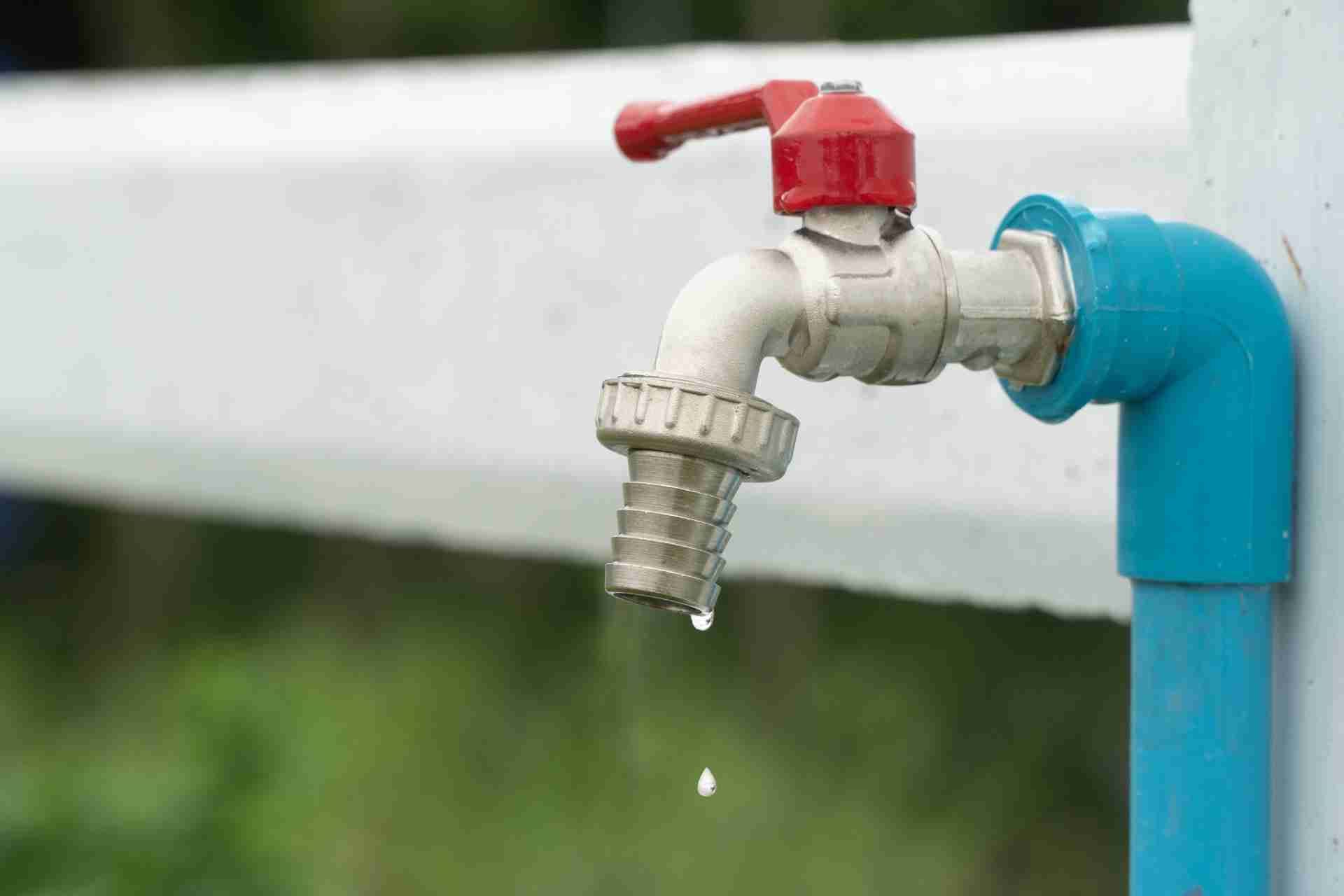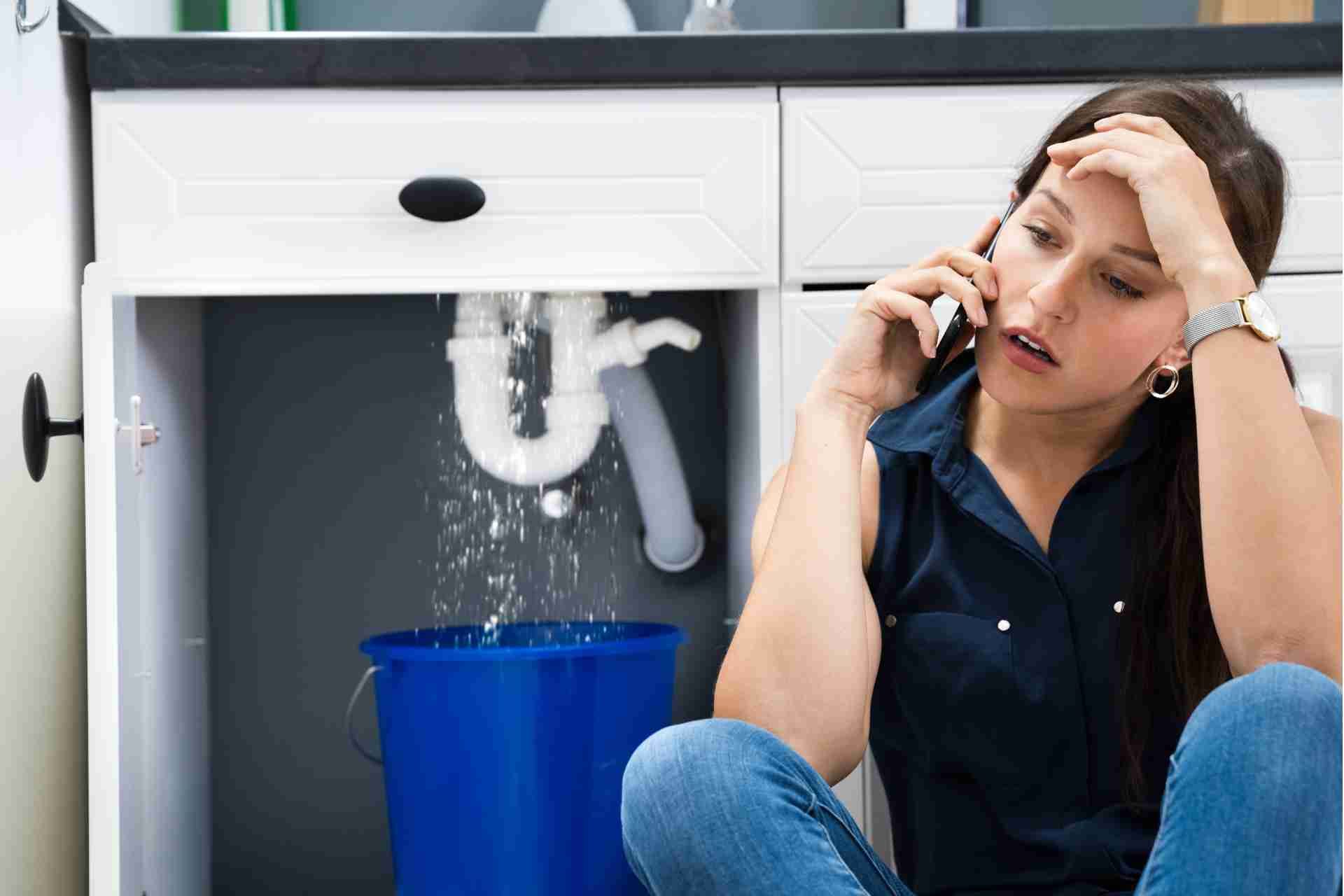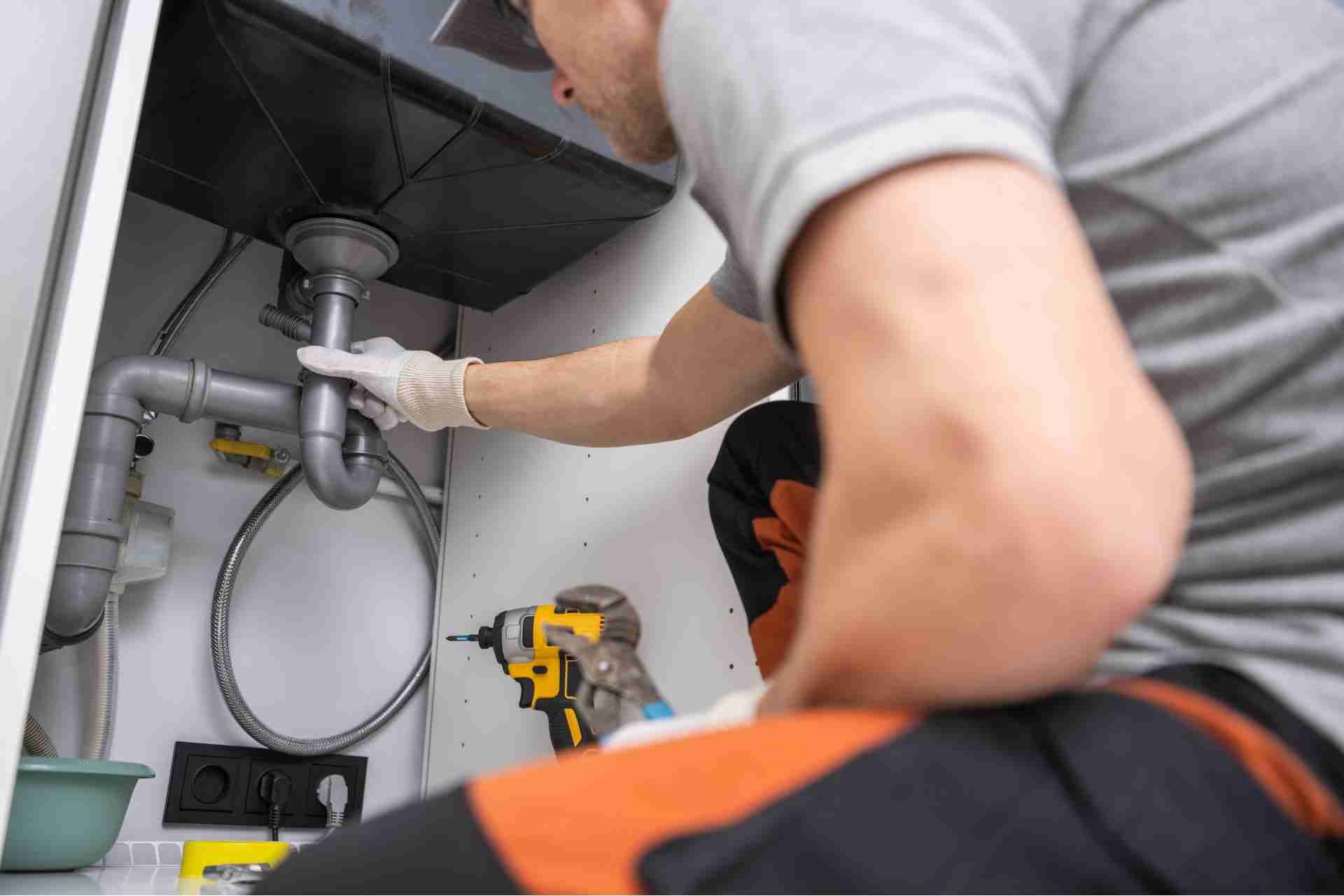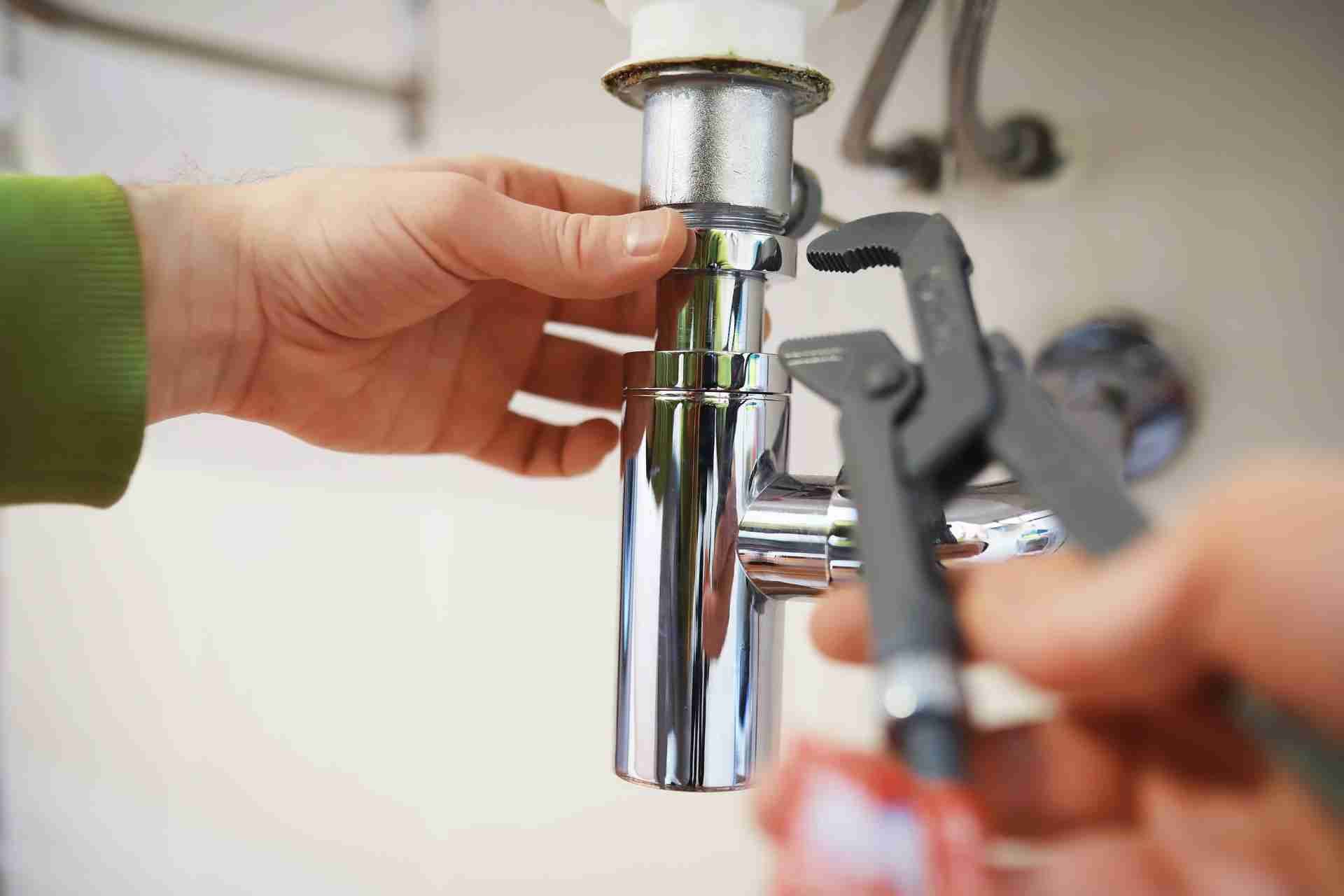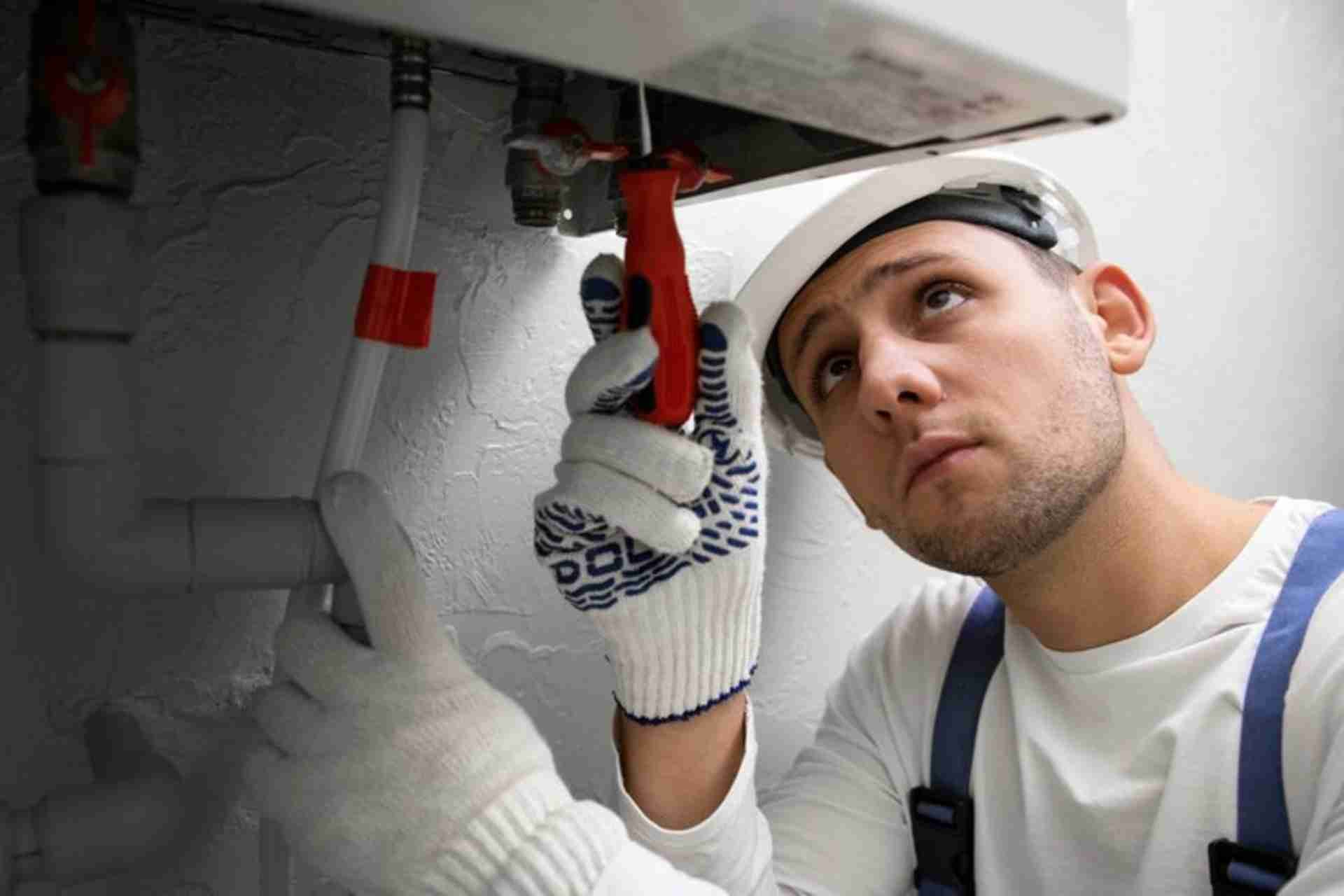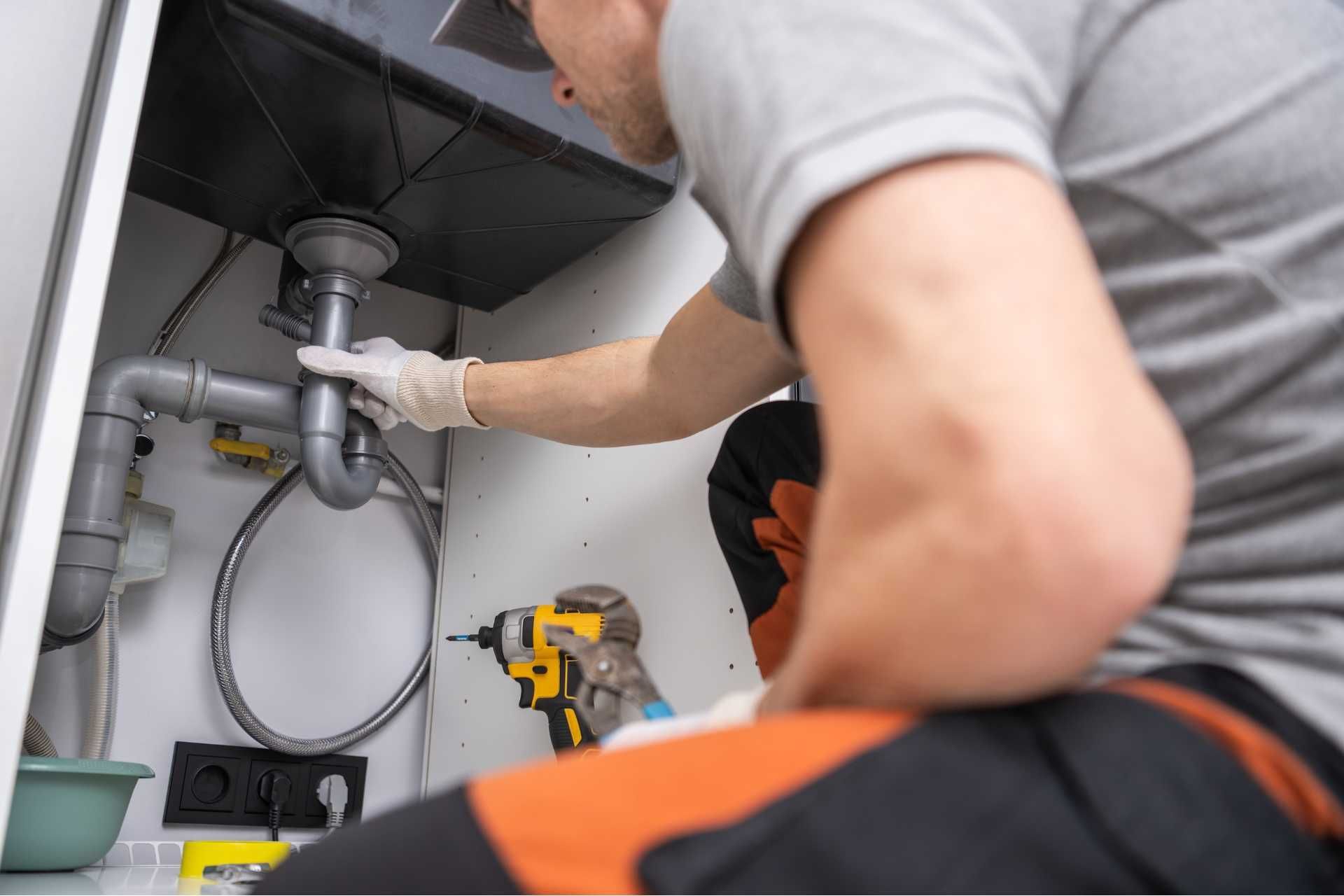How Often Should You Snake Your Drains?
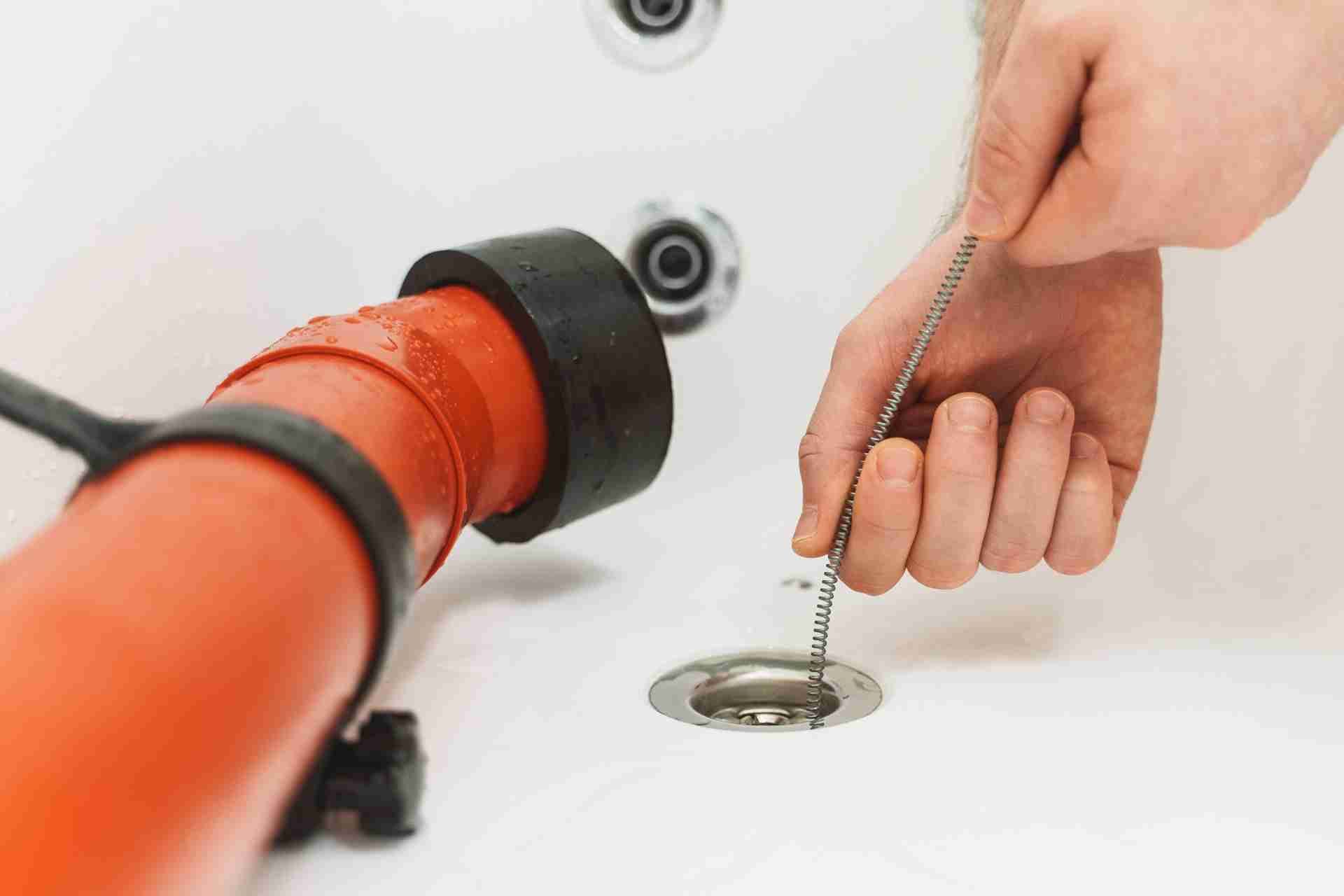
When it comes to maintaining your home's plumbing, knowing how often to snake your drains is essential. Regular snaking can prevent clogs and keep everything running smoothly. But how do you know if you're doing it often enough? Certain signs can indicate it's time for a checkup. Let's explore when you should consider snaking your drains to avoid unexpected plumbing issues.
Understanding Drain Snaking
When you notice slow drainage in your sinks or tubs, understanding drain snaking becomes crucial.
Drain snaking is a method used to clear clogs in your plumbing system, helping restore proper flow. A drain snake, or auger, is a flexible tool that you insert into the drain to break up blockages. It works by physically dislodging debris, hair, or grease that build up over time.
You'll appreciate how effective this technique can be, as it's often preferable to chemical solutions, which may harm your pipes. Regularly snaking your drains can prevent more severe issues down the line, saving you time and money.
Knowing how and when to use a snake ensures you're well-prepared for any plumbing challenges that arise.
Signs You Need to Snake Your Drains
How do you know when it's time to snake your drains? Look for a few key signs.
If you notice slow drainage in your sinks, tubs, or toilets, that's a major red flag. Gurgling sounds coming from your pipes can indicate a blockage, too. You might also experience frequent clogs, which require constant plunging or chemical solutions.
Foul odors emanating from your drains suggest trapped debris, signaling a need for snaking. Additionally, if water backs up in one fixture when you use another, your plumbing is likely overwhelmed by a blockage.
Don't ignore these signs; tackling them early can save you from larger plumbing issues down the line. Keep an eye on your system to maintain smooth drainage.
Recommended Frequency for Snaking Drains
Most homeowners should consider snaking their drains at least once a year. This regular maintenance helps prevent clogs and keeps your plumbing system running smoothly.
If you've noticed slower drainage or occasional backups, you might want to snake your drains more frequently. For households with multiple occupants or heavy usage, semi-annual snaking can be beneficial.
In kitchens, where grease can accumulate, cleaning every six months is a smart move. Bathrooms also require attention, especially if you have kids or pets contributing to hair clogs.
Factors That Affect Drain Snaking Frequency
Several factors influence how often you should snake your drains, and understanding them can help you maintain a healthy plumbing system.
First, consider the age and condition of your pipes. Older pipes may require more frequent snaking due to wear and tear.
Second, think about your household habits. If you have a large family or frequently cook, you might notice clogs more often.
Third, check the type of waste going down your drains. Grease, hair, and food particles can lead to buildups that necessitate more regular snaking.
Finally, assess your location; if you live in an area with hard water, mineral buildup may increase the need for drain maintenance.
Keep these factors in mind to determine your snaking schedule.
Benefits of Regular Drain Maintenance
While regular drain maintenance might seem like a chore, it offers numerous benefits that can save you time and money in the long run.
By keeping your drains clear, you'll prevent clogs from forming, which can lead to costly repairs or even emergency plumbing services. Regular maintenance also helps to identify potential issues early, allowing you to address them before they escalate.
You'll enjoy a more efficient plumbing system, reducing the risk of unpleasant odors and backups. Plus, maintaining your drains can extend their lifespan, ensuring you won't need to replace them as often.
DIY Snaking vs. Professional Services
When it comes to snaking drains, you might wonder whether to tackle the job yourself or call in a professional.
DIY snaking can be tempting, especially if you're handy and want to save money. You can rent or buy a drain snake from a hardware store, and with some basic instructions, you might clear minor clogs effectively.
However, if the blockage is stubborn or deep within the pipes, it's best to call a professional. They've the expertise, specialized equipment, and knowledge to handle complex issues without causing damage.
Weigh your comfort level and the severity of the clog. Sometimes, investing in a professional service can save you time and future headaches.
Tips for Effective Drain Snaking
To effectively snake your drains, start by gathering the right tools and materials—this preparation can make all the difference.
You'll need a drain snake, gloves, and a bucket to catch any debris.
Once you're set, locate the drain and remove any cover or trap.
Insert the snake gently into the drain, turning the handle as you push it further down. Be patient; you might encounter resistance.
When you feel it break through the clog, pull the snake out slowly, allowing debris to come with it.
After snaking, run hot water to flush the line and ensure everything's clear.
Always clean your tools afterward, and consider wearing goggles to protect your eyes from splashes.
Happy snaking!
What to Do After Snaking Your Drains
After you've successfully snaked your drains, it's important to take a few steps to ensure everything is functioning properly.
First, run hot water down the drain for several minutes. This helps clear out any remaining debris and flushes away any loosened gunk.
Next, check for leaks around the drain and plumbing fixtures. If you notice any, tighten the connections or call a plumber if needed.
You should also consider using a drain cleaner or a mixture of vinegar and baking soda as a preventive measure.
Finally, keep an eye on your drains over the next few days. If you notice slow drainage again, you might need to snake them once more or investigate other potential issues.
Conclusion
In conclusion, keeping your drains in top shape is essential for a smooth plumbing experience. By snaking your drains regularly—ideally once a year or more often if needed—you can prevent clogs and costly repairs. Always pay attention to signs like slow drainage or gurgling sounds, and don't hesitate to call in a professional if the issue persists. With a little maintenance, you'll enjoy hassle-free plumbing and a healthier home environment.
